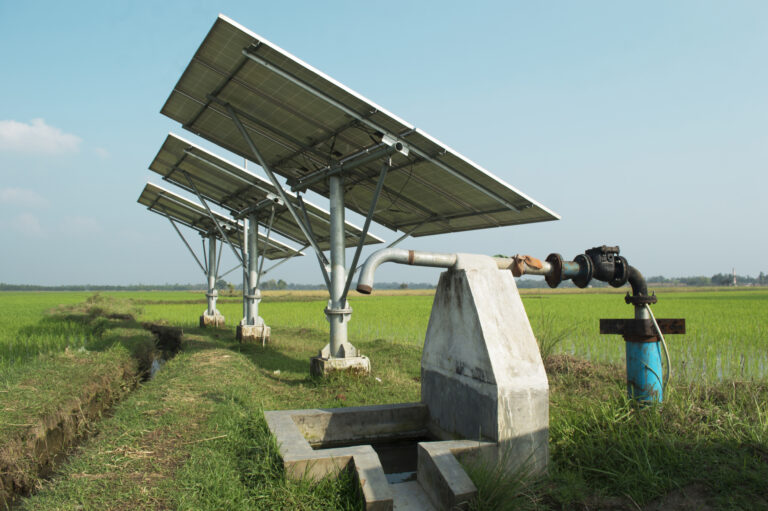Outdoor power equipment, generally accompanied by engines or motors, are used for landscaping and maintaining golf courses, gardens, and lawns. A few common examples include hedge trimmers, brush clearers, chain saws, snowblowers, aerators, and edgers.
Handling outdoor power equipment is second nature to a larger segment of the population. That’s unfortunately why plenty of individuals neglect the hazards they can pose. If you do not wish to end up in an emergency room, please make sure to implement the following safety tips as diligently as possible.
Invest in PPE or Personal Protective Equipment
Using PPE or personal protective equipment is the foremost precaution you must undertake. Purchase a pair of safety goggles. They will prevent dust, debris, shavings, and fiberglass from entering your eyes. Also get earplugs to keep chances of hearing loss at bay. Do not forget, power tools are quite loud.
Wear gloves so that your hands remain safe as well. Order a pair that does not impair your movement or dexterity. If you are working at great heights or in narrowed spaces, you will probably require a helmet.
Dress Properly
Please dress properly when handling outdoor power equipment. Avoid loose-fitting clothes, neckties, and jewelry. Tie your hair up so that it does not get in the way. Get nonslip boots too.
Educate Yourself
Almost all power tools are accompanied by instruction manuals, and they exist for a reason. Even a tiny mistake can pave the way for life-threatening injuries. So, going through the manual is absolutely non-negotiable.
Specifying how to utilize a tool is not the only job of the manual. They also offer information on elevating user safety and fine-tuning issues. Understand how a tool can decrease the risk of a mishap.
Inspect the Tools Regularly
All power equipment need periodic inspection. Continuous usage can cause wear and tear. Carry out routine checks even when your tools are new. Look out for loose cracks, mutilated plugs, exposed wires, and breakage. Always remember, damaged tools are perfect recipes for disasters.
Keep the Workstation Clean
Another thing that can cause injuries is a hazardous workstation. Your environment can pose a tremendous risk to your overall safety. So, keep the area where you are using your tools clean.
Remove tangled cords immediately. Store flammable liquids inside proper storage containers in separate spaces. Apply padlocks wherever possible, and get rid of the additional master switches and keys.
Turn Off the Tools After Use
Leaving the tools in the stand-by mode is harmful. It can cause serious problems for individuals who do not know that the tool has power. To prevent accidents, please turn your equipment off after use. Shut down, unplug, and store it somewhere else.
Use Substantial Lighting
A construction site problem that has paved the way for a wide range of accidents is lack of lighting. People usually overlook the necessity of having a well-lit workstation. When used in dark or in dimly lit areas, outdoor power equipment can be fatal.
If a particular area is not bright, please bring in extra lights. When you cannot see what you are doing, you are simply inviting trouble.
Maintain Balance and Firm Grip
As evident from the name, outdoor power equipment are extremely powerful. Thus, it is of paramount significance to control them all the time. Apart from putting on nonslip footwear, you must try planting your feet cautiously and maintain appropriate balance.
Keeping firm grip under all circumstances is equally necessary. If a tool somehow slips out of your hand, it will surely create a dangerous situation. Does a tool feel too heavy to lift? Well then, seek third-party assistance.
Be Confident and Calm
Keeping your calm is necessary. Do not act recklessly just because things are not going the way you desire. Take a break, quiet down, and resume working only when you have attained peace of mind. Stay away from power tools if you are feeling sick, exhausted, distracted, in pain, or intoxicated.
According to research, each year, hundreds of people sustain severe injuries due to outdoor power equipment. Well, the above safety tips can help beginners, and seasoned professionals, who have become perhaps a tad too comfortable, stay cent per cent safe.

0 Comments